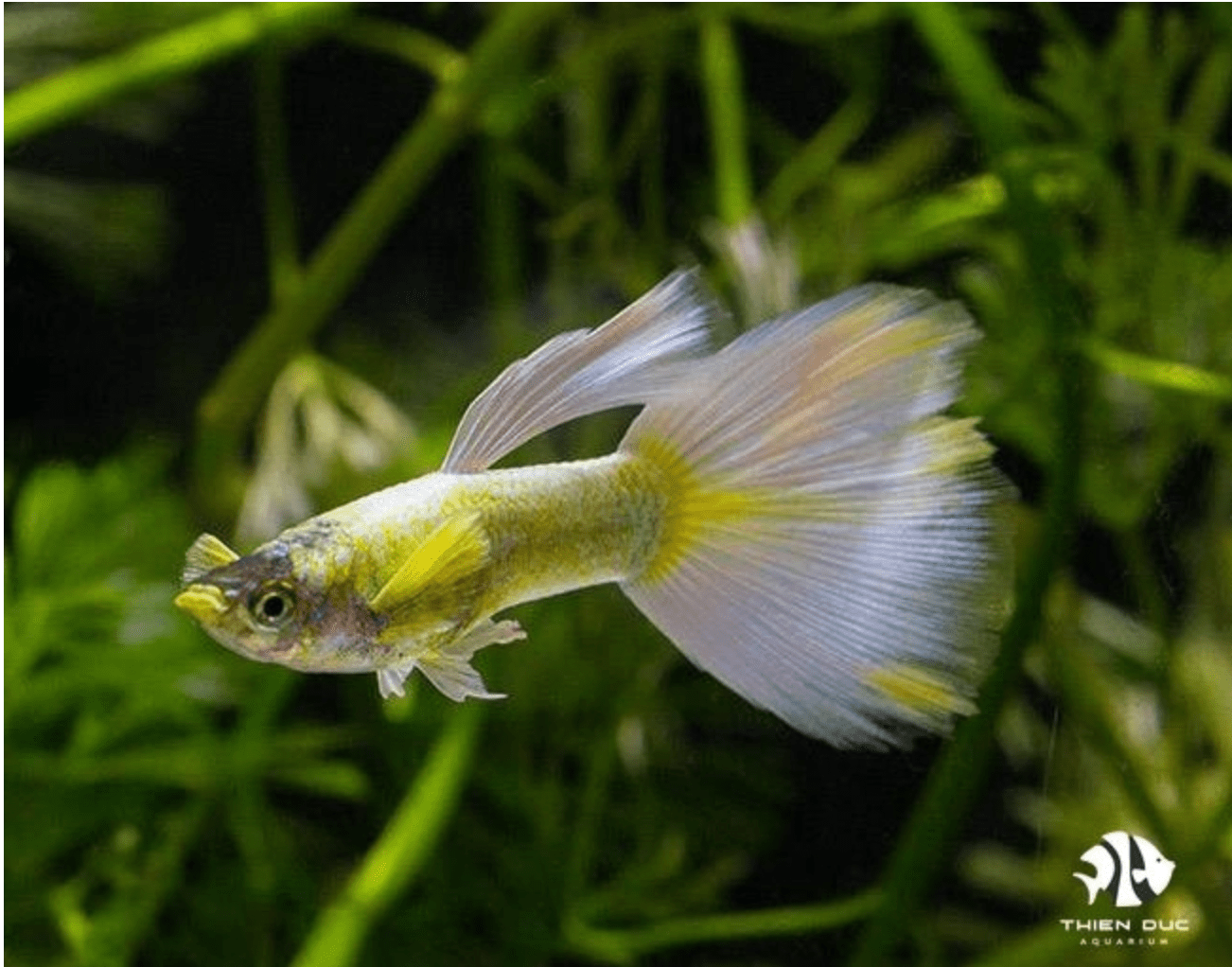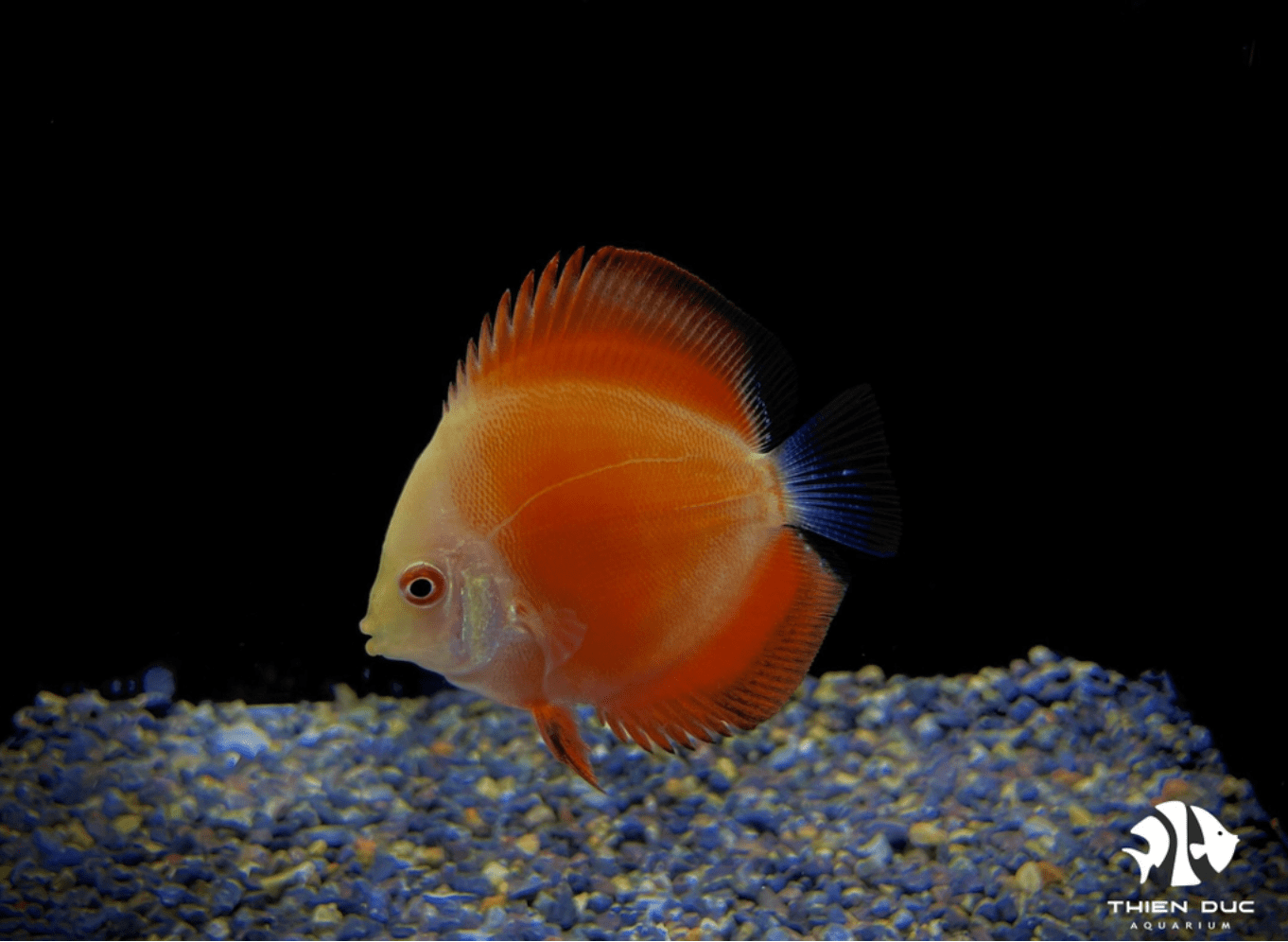Marine Invertebrates Export: A Comprehensive Guide
Driven by growing demand, the marine invertebrates export market is booming. This guide helps European businesses navigate this complex market by focusing on compliance and best practices.
At THIENDUC AQUARIUM, our expertise in freshwater fish now extends to the marine sector. We ensure all our marine offerings, both wild-caught and farmed, meet the high ethical and quality standards of our European clients. We are your trusted partner for premium marine invertebrates export to the UK, France, Germany, and the Netherlands.
The Global Market and Key Species
The global marine invertebrates export market is vast and dynamic, with Europe representing a significant portion of its value. European importers prioritize quality, sustainability, and legal compliance, making it essential for exporters to understand the specific demands of this region. The market is segmented into two primary areas: the ornamental trade and the food industry.
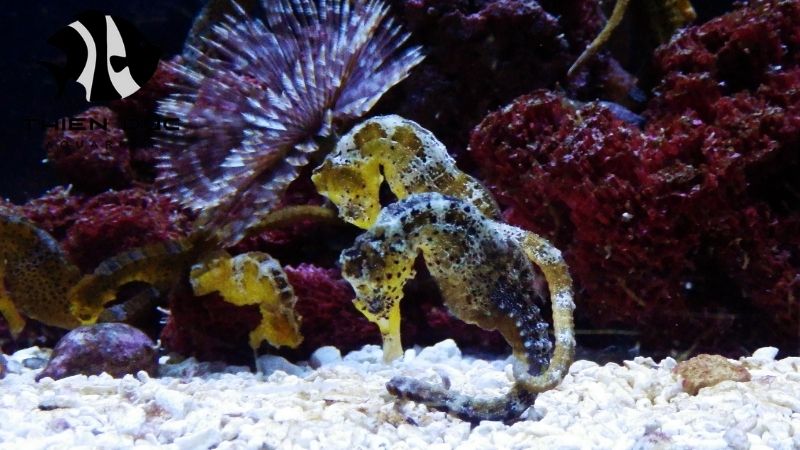
In the ornamental sector, species such as vibrant soft corals, anemones, sea cucumbers, and various species of shrimp and crabs are highly prized for their aesthetic appeal in home and public aquariums. For the food industry, crustaceans like blue swimming crabs and various shrimp species from Vietnam are in high demand across European restaurants and retail. Understanding the specific market for each species is the first step toward building a successful marine invertebrates export business.
Legal and Regulatory Requirements
Navigating the legal landscape is perhaps the most critical component of a successful marine invertebrates export operation. Failure to comply with regulations, both at the source and destination, can result in significant financial penalties and damage to your reputation.
Domestically, in countries like Vietnam, exporters must adhere to national laws governing fisheries, aquaculture, and environmental protection. This includes obtaining the necessary business licenses and official health certificates for each shipment. These regulations are designed to ensure product safety and the long-term sustainability of marine resources.
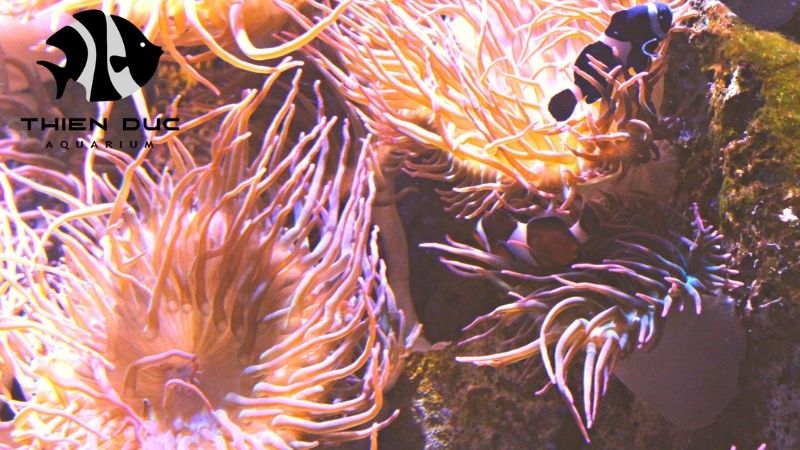
Internationally, the requirements become even more stringent, particularly when exporting to the EU. The European Union has a comprehensive set of regulations concerning the import of live animals and animal products, which includes the Convention on International Trade in Endangered Species of Wild Fauna and Flora (CITES) and strict sanitary and phytosanitary (SPS) measures. Importers in the EU, including those in Germany and the Netherlands, require extensive documentation, including Veterinary Certificates and Certificates of Origin, to ensure compliance.
Furthermore, voluntary international certifications play a crucial role. Certifications from reputable organizations like the Aquaculture Stewardship Council (ASC), Best Aquaculture Practices (BAP), and GlobalG.A.P. provide independent verification of responsible sourcing and production. These certifications are not only a mark of quality but are also a key factor in gaining the trust of European partners and consumers who are increasingly focused on environmental and ethical sourcing. Partnering with a company that holds these certifications is a smart business decision in the competitive marine invertebrates export field.
Sourcing and Quality Control
The foundation of a successful marine invertebrates export business lies in its sourcing and quality control protocols. The health and vitality of the invertebrates at the point of origin directly impact their condition upon arrival.
Sourcing methods vary depending on the species. While some marine invertebrates, particularly for the food market, are sourced through sustainable aquaculture, many ornamental species are wild-caught. THIENDUC AQUARIUM's extensive system of wild fish and invertebrates, carefully caught and tamed, ensures that our products are robust and healthy. For farmed species, we work exclusively with the best farms that adhere to strict husbandry practices to produce high-quality specimens.
Our quality control process is rigorous and multi-layered, beginning the moment a specimen is sourced. Each invertebrate undergoes thorough health inspections, quarantine, and acclimation to ensure it is in peak condition for transport. The use of advanced technology and experienced specialists throughout this process minimizes stress and mortality rates, guaranteeing that every shipment meets the high standards expected by our European clientele. This meticulous approach is what sets a premium marine invertebrates export operation apart.
Traceability is another non-negotiable aspect of quality control. In a market where ethical and sustainable practices are highly valued, being able to trace a product back to its source—whether a specific farm or a regulated catch area—provides transparency and builds trust. THIENDUC AQUARIUM maintains detailed records for every specimen, offering our clients full traceability from source to destination.
Logistics and Packaging
Effective logistics are paramount to preserving the integrity of marine invertebrates during long-distance transport. The right packaging and transportation methods are essential to ensure that products arrive fresh, healthy, and in marketable condition.
For live specimens, packaging is a science. Invertebrates are packed in sterile, oxygen-rich bags within insulated containers to maintain stable temperatures. This method minimizes stress and ensures the invertebrates remain dormant and healthy throughout their journey. For frozen products, specialized packaging and chilling technology are used to maintain a consistent sub-zero temperature, preserving freshness and texture.
Transportation for the marine invertebrates export industry is predominantly via air freight. This method offers the speed required to deliver live and perishable goods efficiently to markets in the UK, France, and other EU countries. THIENDUC AQUARIUM has established strong partnerships with reputable air cargo carriers that specialize in handling live aquatic life, ensuring swift and careful delivery.
All customs and documentation procedures must be handled meticulously. This includes accurate invoices, waybills, packing lists, and, most importantly, health certificates from the country of origin. A single missing document can lead to significant delays and potential loss of the entire shipment, making attention to detail in this phase absolutely critical for a successful marine invertebrates export business.
Top Strategies for Sustainable Export
Sustainable and ethical practices are no longer a niche preference; they are a fundamental expectation for European consumers. Embracing these practices is not just about compliance—it's about building a brand that resonates with the market and ensures the long-term viability of your business.
Responsibility for the environment is paramount. This includes adhering to sustainable catch quotas, minimizing waste in aquaculture operations, and using eco-friendly packaging materials whenever possible. By minimizing your environmental footprint, you contribute to the health of our oceans and build a positive reputation. Similarly, ethical sourcing ensures that all workers in the supply chain are treated fairly and with respect.
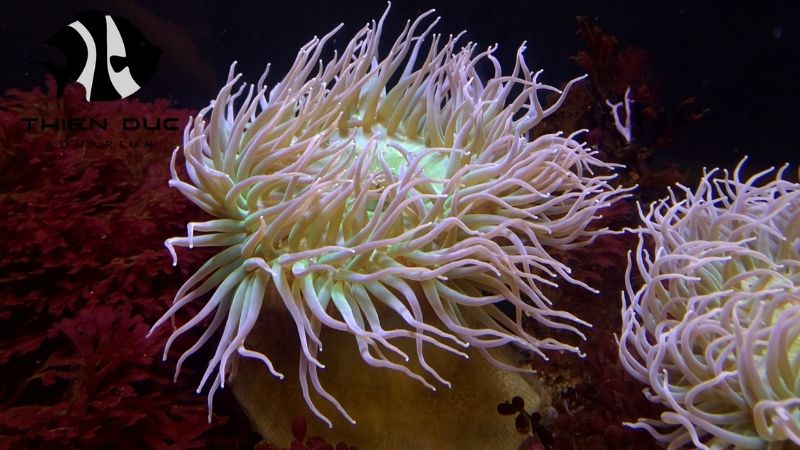
Innovation is also very important. The application of new technologies, such as advanced water filtration systems in farming and real-time monitoring of transport conditions, can significantly improve efficiency and product quality. This commitment to continuous improvement is what allows a business to stay competitive in the rapidly evolving marine invertebrates export market.
Conclusion
The marine invertebrates export market offers great opportunities, but success requires meticulous planning and a commitment to quality and sustainability. For EU businesses, partnering with an experienced exporter like THIENDUC AQUARIUM is the most prudent path. We are the perfect partner because of our knowledge and commitment to moral behavior. We are ready to help you meet customer demands with the finest marine invertebrates.
Contact Information:
-
Address: 57 Le Thi Sieng, Tan Thong Hoi, Cu Chi, Ho Chi Minh City, Viet Nam
-
Mobile: +84903912501
-
Office: +84982577871
-
Email: thien@thienducaquarium.com




